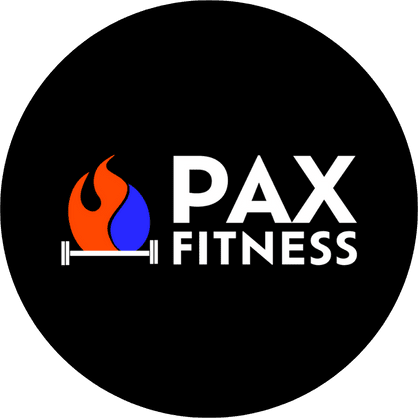Unlocking Athletic Excellence: The Significance of Sports-Specific Training

Posted on June 1, 2023
Sports enthusiasts and athletes alike know that to excel in a particular sport, one must go beyond general fitness routines. Sports-specific training programs are designed to enhance performance, prevent injuries, and develop the specific skills required for a particular sport. Whether you're a professional athlete or an amateur looking to elevate your game, understanding the importance of sport-specific training is key. In this blog post, we will delve into the realm of sports-specific training, exploring how it can unlock your athletic potential and propel you toward success.
Sports-specific training focuses on the unique demands of a particular sport, aiming to optimize performance. By tailoring workouts and exercises to mimic the movements, energy systems (aerobic or anaerobic), and intensities required in the sport, athletes can enhance their performance levels. Specific drills and exercises that closely resemble game scenarios improve agility, speed, endurance, and power, translating into improved on-field or on-court performance. For example, a basketball player might incorporate dribbling and shooting drills, while a soccer player might focus on agility and quick changes of direction. Sports-specific training hones the skills and attributes needed for success in a particular sport, giving athletes a competitive edge.
Engaging in sports-specific training programs can significantly reduce the risk of injuries. By targeting the muscles, joints, and movement patterns specific to the sport, athletes can improve their body's resilience and adaptability. Sport-specific exercises help develop strength, stability, and flexibility in the areas prone to injury. For instance, a tennis player might focus on strengthening the rotator cuff and improving shoulder mobility, reducing the risk of shoulder injuries. Additionally, sports-specific training incorporates exercises that enhance balance, proprioception, and coordination, which play a vital role in injury prevention. By developing sport-specific strength, stability, and neuromuscular control, athletes can better withstand the physical demands of their chosen sport.
Sports-specific training programs provide a platform for athletes to refine and enhance their skills. By incorporating drills and exercises that mimic the movements and techniques required in the sport, athletes can improve their technical proficiency and tactical awareness. For example, a golfer might focus on swing mechanics and develop precise control over their shots, while a martial artist might practice specific striking and grappling techniques. Sports-specific training allows athletes to isolate and train specific aspects of their sport, leading to improved muscle memory, timing, and execution. Through repetitive and deliberate practice, athletes can fine-tune their skills, enabling them to perform at their best when it matters most.
Sports-specific training goes beyond the physical aspects of the game and encompasses mental conditioning as well. Athletes must be mentally prepared to handle the pressure, focus, and decision-making required during competition. By incorporating sport-specific drills and simulations, athletes can develop mental toughness, concentration, and strategic thinking. For instance, a basketball player might practice shooting free throws under pressure to improve their ability to perform in crucial moments. Additionally, sports-specific training can include visualization exercises, goal setting, and mental imagery to enhance an athlete's mental resilience and confidence. The combination of physical and mental conditioning through sport-specific training equips athletes with the necessary mindset to excel under challenging circumstances.
One of the significant advantages of sports-specific training is its individualized approach. Each sport requires specific attributes, skills, and physical conditioning. Sports-specific training programs are tailored to the unique needs and goals of the athlete. Coaches and trainers can assess an athlete's strengths, weaknesses, and areas for improvement to design personalized training.
Part of the intake process when I work with clients is understanding what their goals are and if they are trying to hone their mind and body to perform at a certain sport. Based on my client's goals, I create a program that helps strengthen the specific muscles and movements they will perform in competition. An in-depth conversation sets the groundwork for a beneficial training routine that can help athlete's reach their full potential!
If you would like to talk about training together, fill out the application linked here: Coaching Application
Send a Message
For a better experience, tell me everything about you, such as your age, your fitness experience and goal, your current nutrition and fitness habits, and what's stopping you from achieving your fitness goals!
